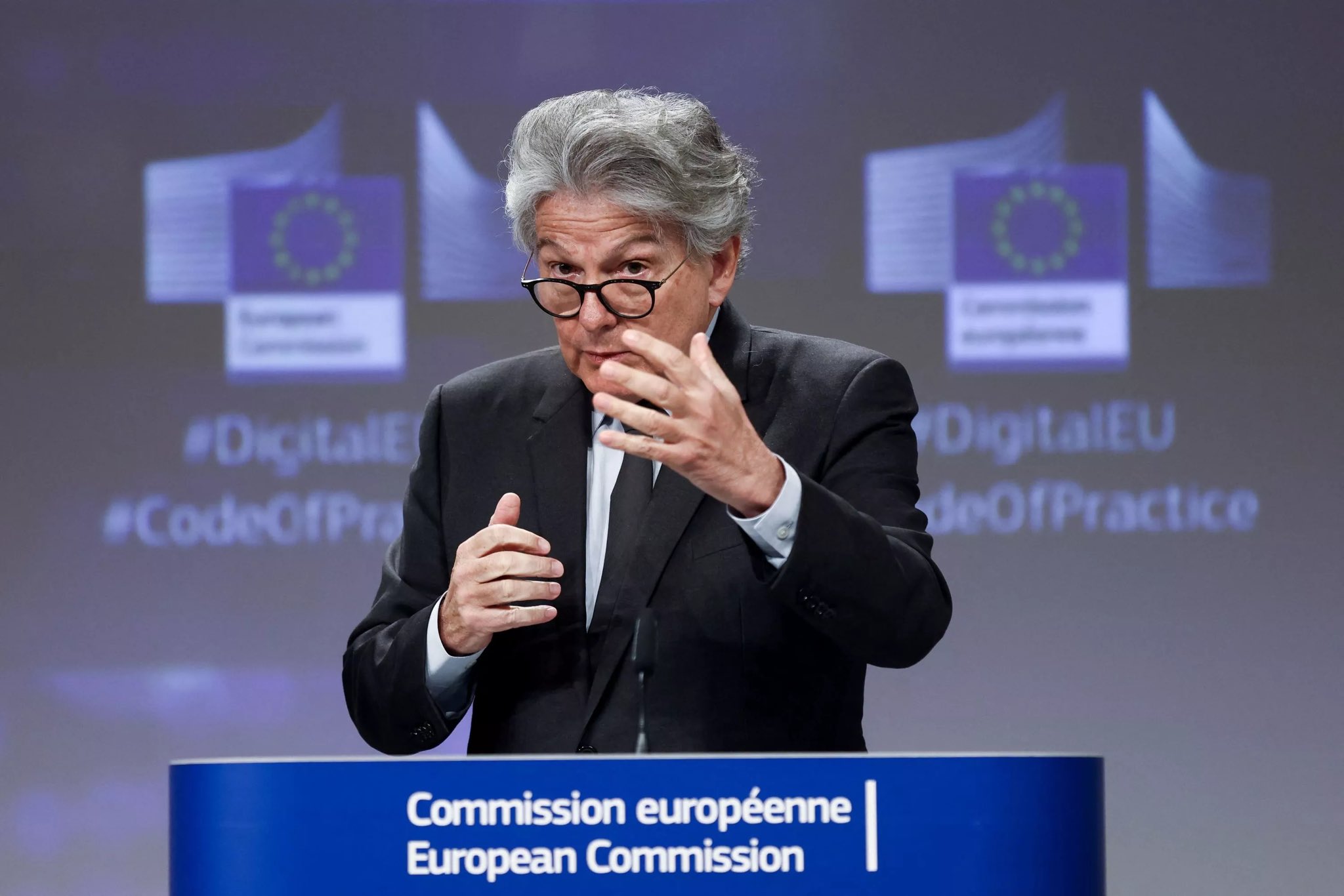Thierry Breton has stepped down from his role as Commissioner for Internal Market.
The startling move piles further pressure on Commission President Ursula von der Leyen to bring under control what is shaping up to be a tumultuous attempt to form a new Commission.
That task will not be made any easier by Mr Breton’s publication of his resignation letter, where he accuses Dr von der Leyen of asking the French Government to withdraw his nomination.
I would like to express my deepest gratitude to my colleagues in the College, Commission services, MEPs, Member States, and my team.
— Thierry Breton (@ThierryBreton) September 16, 2024
Together, we have worked tirelessly to advance an ambitious EU agenda.
It has been an honour & privilege to serve the common European interest🇪🇺 pic.twitter.com/wQ4eeHUnYu
This request, he said, was made “for personal reasons that in no instance you have discussed directly with me.”
He claimed that France was offered a more influential portfolio if his nomination were withdrawn, “as a political trade-off.”
The offer, made “in the very final stretch of negotiations for the composition of the future College [of Commissioners],” was “further testimony to questionable governance.”
Mr Breton therefore resigned from his position, effective immediately.
Over the last five years, Mr Breton became one of the European Commission’s most recognisable faces, leading the charge against tech giants like Apple, Google and Meta that he accused of monopolistic practices and unfair competition.
Dr von der Leyen has been approaching several countries to ask them to replace their nominee for the Commission, in a bid to achieve gender balance. She has been promising more influential portfolios to those who accept. However, this horse-trading had so far been confined to less influential countries, like Romania, Croatia, and Malta.
MFSA flags ‘misalignment’ between objectives and public expectations of green loans
Green investment is nonetheless expected to balloon over the coming years
Super rare Ferrari Daytona SP3 spotted cruising along Malta’s roads
The car is currently being traded for a whopping €4 million
Mandatory skills pass for Maltese and EU nationals deferred for a year
The skills pass remains obligatory for third country nationals






